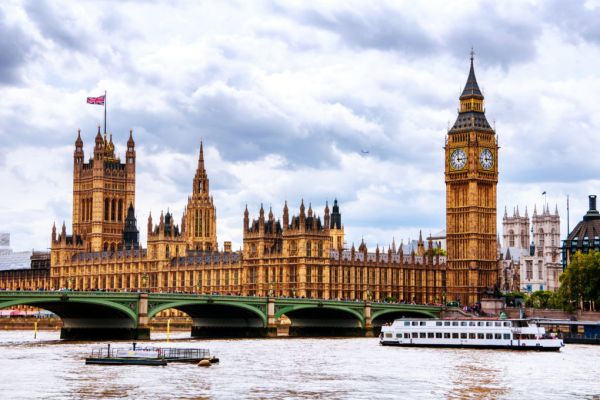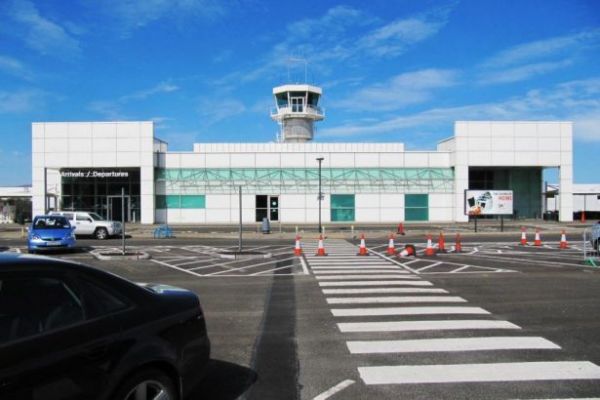The Irish Wine Association has launched the Irish Wine Market Report 2016, calling for an alcohol excise reduction in the upcoming Budget on the basis that Ireland's penal excise rate is bad for jobs, consumers and tourism.
The reports states that a 62% increase in wine excise introduced during the financial crisis in 2012 as an emergency measure has created significant cash-flow problems for both distributors and importers, many of whom are now reportedly paying €38,240 up-front on excise per 1,000 cases when they are imported.
Speaking at the report's launch, Irish Wine Association chairman, Jim Bradley, proclaimed that the implications of Brexit and the looming threat of an excise increase in Budget 2018 will put jobs, growth and investment under threat. He said that the falling value of sterling due to the uncertainty surrounding Brexit negotiations is likely to drive cross-border shopping and has already seen a fall in the number of British tourists visiting Ireland.
Bradley went on to state: "Despite this uncertainty and these challenges, the wine industry continues to employ over 1,100 people directly while supporting thousands of other jobs in Ireland’s 13,000 restaurants, pubs, independent off-licences and hotels that sell wine. In 2016 sales of nine litre cases increased to just over nine million, up from 8.56 million cases in 2015. Over the coming years the industry will struggle to perform and provide the €380 million it paid in excise to the Exchequer in 2016, unless the government takes immediate action to reduce excise rates."
Finally, he added: "While 14 EU countries pay no excise on wine, the excise rate in Ireland equates to €3.19 for a €9 bottle. This is 64 cent more expensive than Finland, the second most expensive country in the EU. In light of this stark reality, it is imperative that the government decrease the rate of excise on wine in order to alleviate the risks associated with the impact of Brexit. The benefits of an excise decrease will not only benefit consumers, but it will protect and create jobs in the tourism, retail and hospitality trade."









